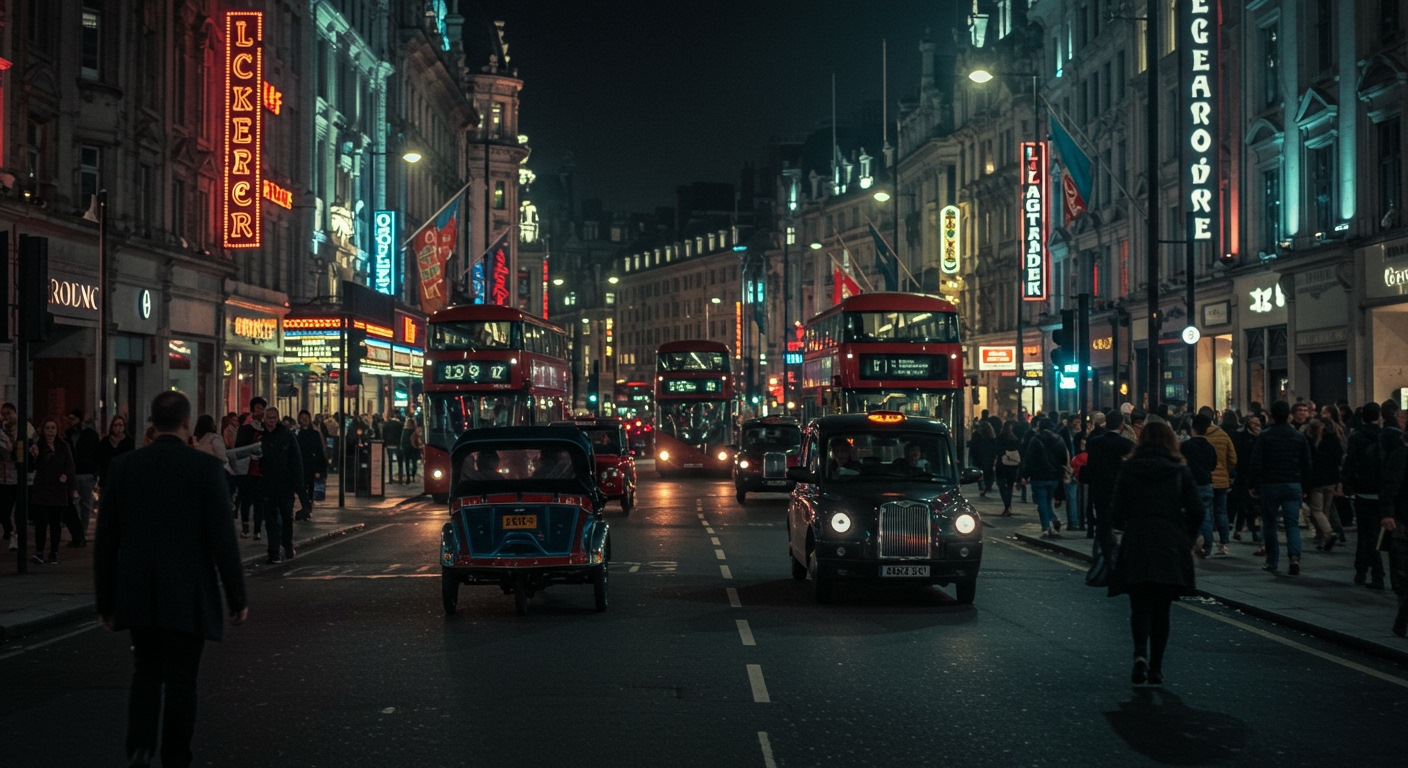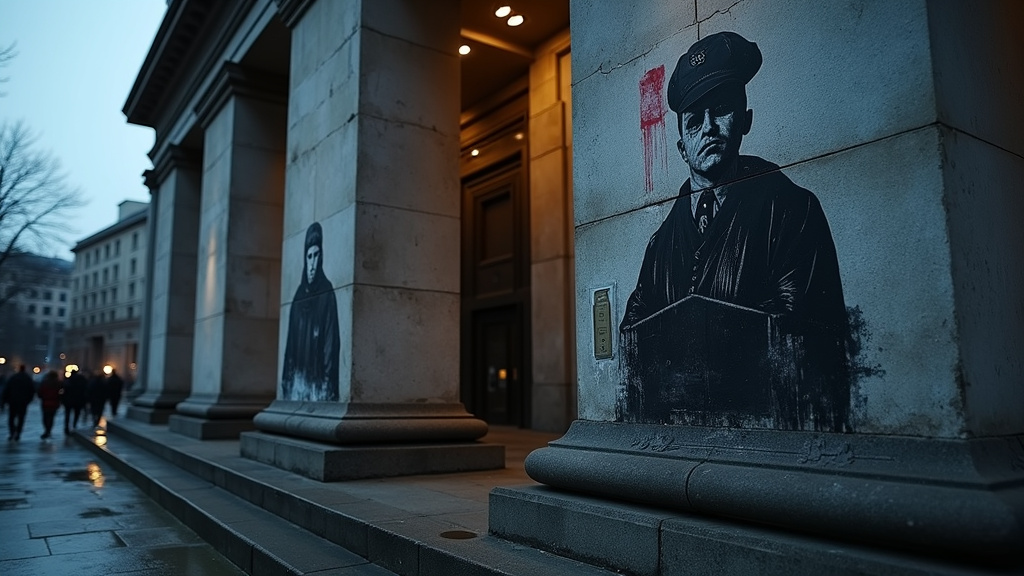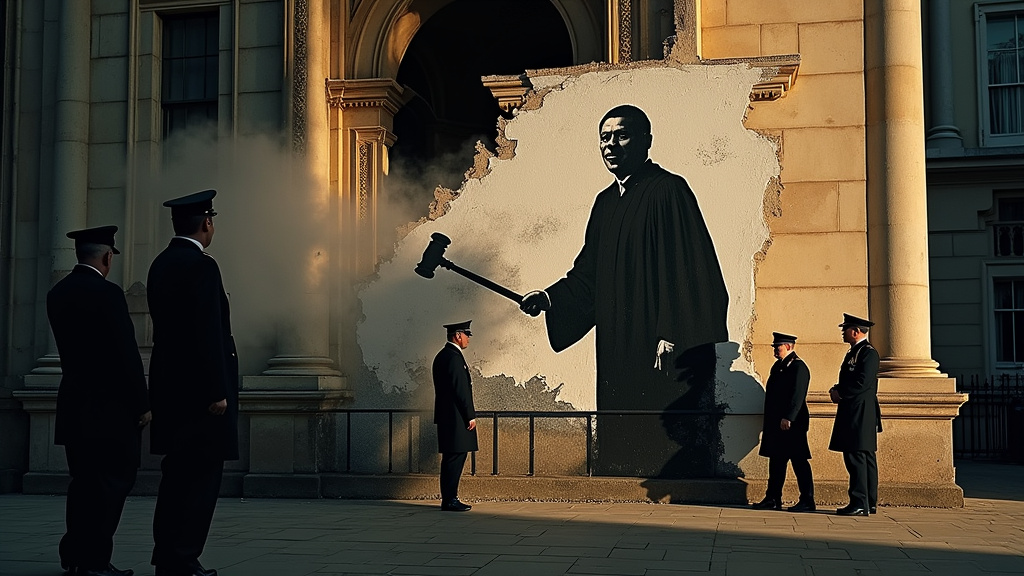Transport for London (TfL) is pressing ahead with its long-awaited initiative to regulate pedicabs operating within the capital, marking a significant step towards addressing long-standing issues of safety, disruption, and fare transparency.
The move comes as TfL published findings from its recent consultation specifically regarding the regulation of rickshaws, revealing widespread public unease. A key finding from the report indicated that a substantial 75 per cent of respondents did not feel safe when travelling in a pedicab.
Urgent Need for Oversight
For years, the presence of unregulated pedicabs, particularly in busy central London areas, has been a source of considerable public concern and operational challenges for authorities. These regulatory plans are specifically aimed at addressing the disruption attributed to pedicab operations, which range from traffic impedance to noise pollution.
The problems are particularly acute in the heart of the city’s entertainment and commercial districts. Areas like the West End, renowned globally for its theatres and vibrant nightlife, and the borough of Westminster, which encompasses many of London’s most iconic landmarks, have been particularly impacted. Authorities and residents in Westminster have consistently highlighted the detrimental effects of pedicabs operating without oversight, citing noise, safety concerns, and, perhaps most controversially, excessive fares charged to unsuspecting passengers.
Unlike licensed taxis or private hire vehicles, pedicabs have largely operated outside of a structured regulatory framework, leading to a lack of fare control, safety standards, and driver accountability. This regulatory void has frequently resulted in instances of passengers being charged exorbitant sums for relatively short journeys.
Insights from the Ground
The complexities and challenges posed by the current unregulated environment have been brought to light through various reports. The original article detailing TfL’s progress was authored by Adrian Zorzut, a Local Democracy Reporter. His work has included delving into the realities of the pedicab situation, reportedly involving details from undercover work conducted in Leicester Square, a popular hub in the West End often frequented by pedicabs. Such reporting underscores the real-world experiences of passengers and the need for formal control.
Political Support for Licensing
The progress made by TfL in advancing its regulatory plans has been met with encouragement from political representatives overseeing the affected areas. Rachel Blake, the MP for the Cities of London and Westminster, expressed support for the momentum. While welcoming the steps being taken, she also issued a clear call for more decisive action, urging the urgent implementation of a proper licensing scheme for pedicabs.
Ms. Blake’s call reflects a broader sentiment among many who believe that simple regulation might not suffice, and that a comprehensive licensing system, similar to those governing other passenger transport services, is essential to ensure public safety, fair pricing, and overall order on London’s streets.
The Path Forward
TfL’s commitment to moving forward with its long-awaited plans signals a potential turning point in the governance of pedicabs. The consultation findings, particularly the high percentage of respondents feeling unsafe, provide compelling data supporting the need for intervention. The proposed regulations aim to bring pedicabs under a similar regulatory umbrella as other transport modes, enabling oversight on issues ranging from vehicle safety and maintenance to driver checks and fare structures.
While the specifics of the final regulatory framework are still being developed, the direction is clear: to introduce much-needed order and accountability to the pedicab industry in London. The pressure for action, highlighted by reports of significant disruption and safety issues in key areas like the West End and Westminster, and underscored by political figures like Rachel Blake, suggests that the move towards regulation is not only desired but increasingly seen as essential for the well-being of both Londoners and visitors.





